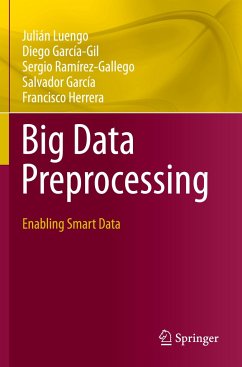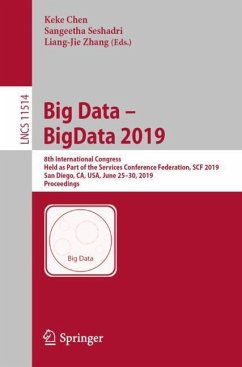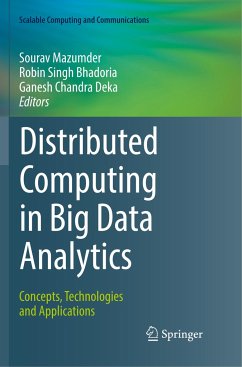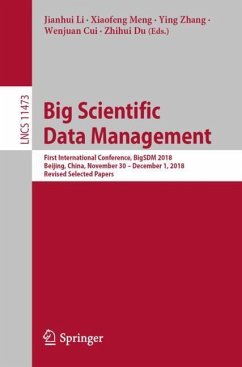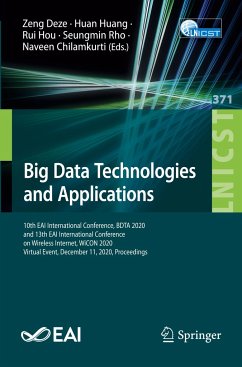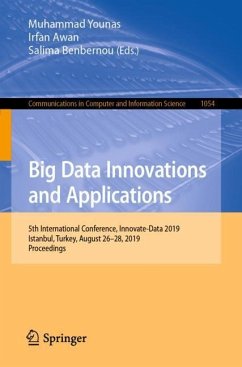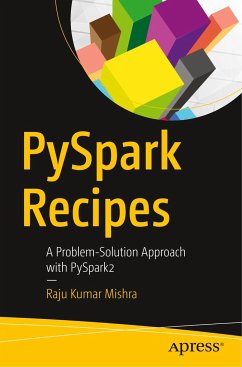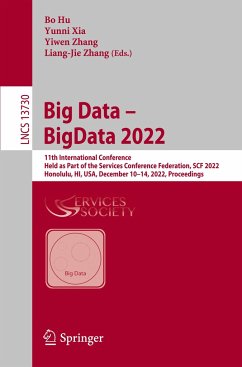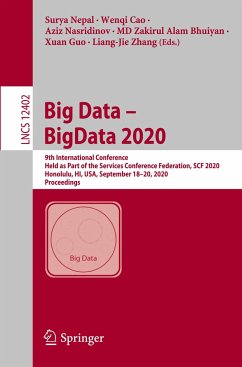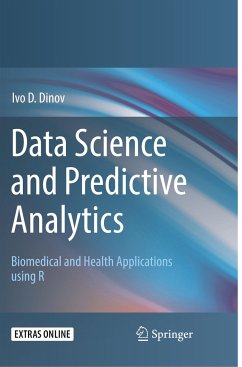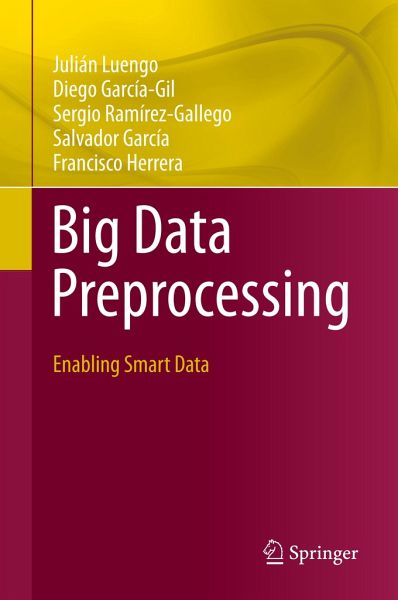
Big Data Preprocessing
Enabling Smart Data
Versandkostenfrei!
Versandfertig in 6-10 Tagen
57,99 €
inkl. MwSt.
Weitere Ausgaben:

PAYBACK Punkte
29 °P sammeln!
This book offers a comprehensible overview of Big Data Preprocessing, which includes a formal description of each problem. It also focuses on the most relevant proposed solutions. This book illustrates actual implementations of algorithms that helps the reader deal with these problems. This book stresses the gap that exists between big, raw data and the requirements of quality data that businesses are demanding. This is called Smart Data, and to achieve Smart Data the preprocessing is a key step, where the imperfections, integration tasks and other processes are carried out to eliminate superf...
This book offers a comprehensible overview of Big Data Preprocessing, which includes a formal description of each problem. It also focuses on the most relevant proposed solutions. This book illustrates actual implementations of algorithms that helps the reader deal with these problems.
This book stresses the gap that exists between big, raw data and the requirements of quality data that businesses are demanding. This is called Smart Data, and to achieve Smart Data the preprocessing is a key step, where the imperfections, integration tasks and other processes are carried out to eliminate superfluous information. The authors present the concept of Smart Data through data preprocessing in Big Data scenarios and connect it with the emerging paradigms of IoT and edge computing, where the end points generate Smart Data without completely relying on the cloud.
Finally, this book provides some novel areas of study that are gathering a deeper attention on the Big Data preprocessing. Specifically, it considers the relation with Deep Learning (as of a technique that also relies in large volumes of data), the difficulty of finding the appropriate selection and concatenation of preprocessing techniques applied and some other open problems.
Practitioners and data scientists who work in this field, and want to introduce themselves to preprocessing in large data volume scenarios will want to purchase this book. Researchers that work in this field, who want to know which algorithms are currently implemented to help their investigations, may also be interested in this book.
This book stresses the gap that exists between big, raw data and the requirements of quality data that businesses are demanding. This is called Smart Data, and to achieve Smart Data the preprocessing is a key step, where the imperfections, integration tasks and other processes are carried out to eliminate superfluous information. The authors present the concept of Smart Data through data preprocessing in Big Data scenarios and connect it with the emerging paradigms of IoT and edge computing, where the end points generate Smart Data without completely relying on the cloud.
Finally, this book provides some novel areas of study that are gathering a deeper attention on the Big Data preprocessing. Specifically, it considers the relation with Deep Learning (as of a technique that also relies in large volumes of data), the difficulty of finding the appropriate selection and concatenation of preprocessing techniques applied and some other open problems.
Practitioners and data scientists who work in this field, and want to introduce themselves to preprocessing in large data volume scenarios will want to purchase this book. Researchers that work in this field, who want to know which algorithms are currently implemented to help their investigations, may also be interested in this book.



